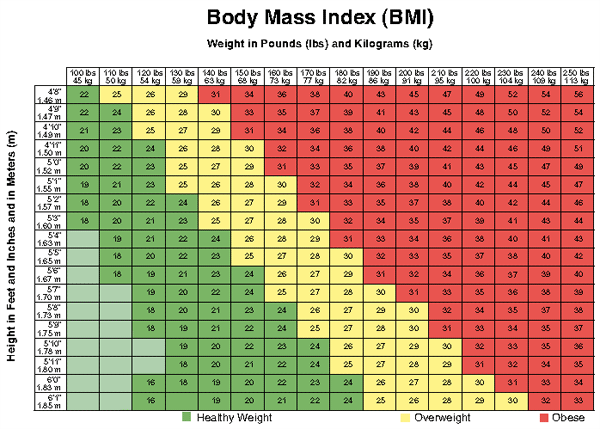Last week at a health fair I actually heard a personal trainer tell someone that they “actually don’t even pay attention to the body mass index, or BMI, number.” As if to say that no one should pay this any mind. It isn’t worth knowing. I almost interrupted the conversation to refute that point, but it was not going to impact the results of the conversation.
On many levels, I completely disagree with the trainer’s opinion. There is strong relevance to knowing your body mass index, as it is a ratio of your height to your weight. The average Joe or Jane needs to know this. This information is another page in the story of a person’s health history. You need to know this in the same manner as knowing your height, weight, blood pressure, cholesterol, body fat, and a myriad of other biological measurements. These numbers collectively can clue a person into possible health risks they may face now or in the future. It is important to know everyone of them in order to determine a course of action if necessary. Perhaps a heavy dose of exercise is the right prescription. Possibly, some nutritional counseling is in order, as well, or medication in a serious scenario.
In only one instance, do I agree with the trainer and that is for the athletic adult. Adults who exercise and have sizable muscle mass, need not concern themselves with their body mass index number. Since muscle weighs more than fat, a strong individual with a well built frame, will have a BMI over 25, or possibly even over 30, making them overweight or obese, in which case they are clearly not. Now the BMI is less relevant. However, one cannot make a blank statement for irrelevancy. For the average Jane or Joe, of normal frame and build, the body mass index calculator results reveal a great deal of information.




Comments on this entry are closed.